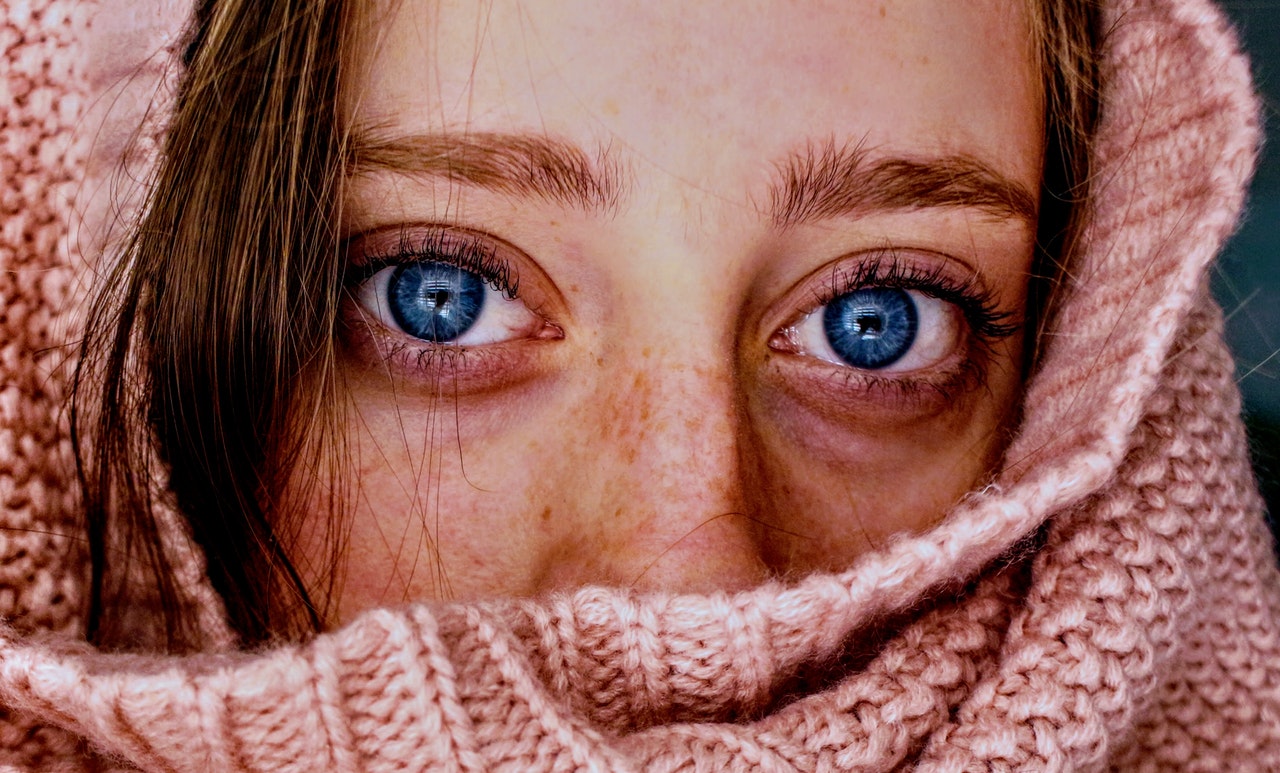 Influenza usually gets the buzz during the Fall as students and parents get flu shots in mass. But, just as common during the Fall as children and adults alike touch door handles, keyboards, desks, railings, technology, etc. When you consider how many things you touch during the day, combined with how often humans touch our face (spoiler alert: hundreds of times a day), viruses and bacteria can quickly spread from one person to another, especially the most common eye infection - conjunctivitis, also known as pink eye.
Influenza usually gets the buzz during the Fall as students and parents get flu shots in mass. But, just as common during the Fall as children and adults alike touch door handles, keyboards, desks, railings, technology, etc. When you consider how many things you touch during the day, combined with how often humans touch our face (spoiler alert: hundreds of times a day), viruses and bacteria can quickly spread from one person to another, especially the most common eye infection - conjunctivitis, also known as pink eye.
Pink eye is the swelling and inflammation of the thin layer of eye tissue that covers the white part of your eye, which is known as the conjunctiva. This infection can affect one or both of your eyes. It is highly contagious, either when it is bacterial conjunctivitis or viral conjunctivitis. Bacterial conjunctivitis is the result of strep or staph bacterial infection in the eye, which can start in your respiratory system and then is spread through physical contact with an affected person or when touching your face or eyes without washing your hands. Bacterial pink eye can also be caused by contacts that have not been cleaned properly or through sharing mascara or eye liner. Viral pink eye is caused by the same virus as the common cold. This is spread through sneezing, coughing, or touching your eyes or face with unwashed hands. Conjunctivitis can also be cause by allergies because allergens make your eyes itchy, which can lead to the germs getting in to your eye via germs on hands.
The symptoms of pink eye are irritated, pink discoloration to the white portion of your eye. You can also experience itching or burning, discharge coming from the infected eye, or your eyelids swelling. If you think you or your child may have pink eye, it is important that you contact our team at Allied Eye for treatment. We can help ease the discomfort and reduce the length of the infection, plus keep it from spreading to other members of your family or friends. With bacterial pink eye, we may prescribe antibiotic eye drops, but with viral pink eye, there isn’t a quick fix since the virus must run its course. However, with viral pink eye, we can help find options to alleviate the pain associated with the infection - such as warm compresses to your eye, steroid eye drops etc. If you wear contacts and have pink eye, it is important to let us know that because there is a protocol with contacts and conjunctivitis that should be followed to prevent the spreading of the infection.
Now that we’ve discussed what to do when you have contracted pink eye, let’s talk about what you can do to prevent it. You should make sure to wash your hands, especially during flu season to prevent germs on hands that can then be deposited into your eyes. Also, don’t share makeup, pillow cases, or contact cases with other people to avoid exposure. Finally, make sure to protect your eye with eye glass or sunglasses on windy days because the allergens in the Fall breeze can irritate your eyes and increase the likelihood of you touching or itching your eyes with unclean hands.
If you are concerned about pink eye exposure or are experiencing some of the symptoms above, please contact our office to make an appointment by calling us at 423-855-8522.

